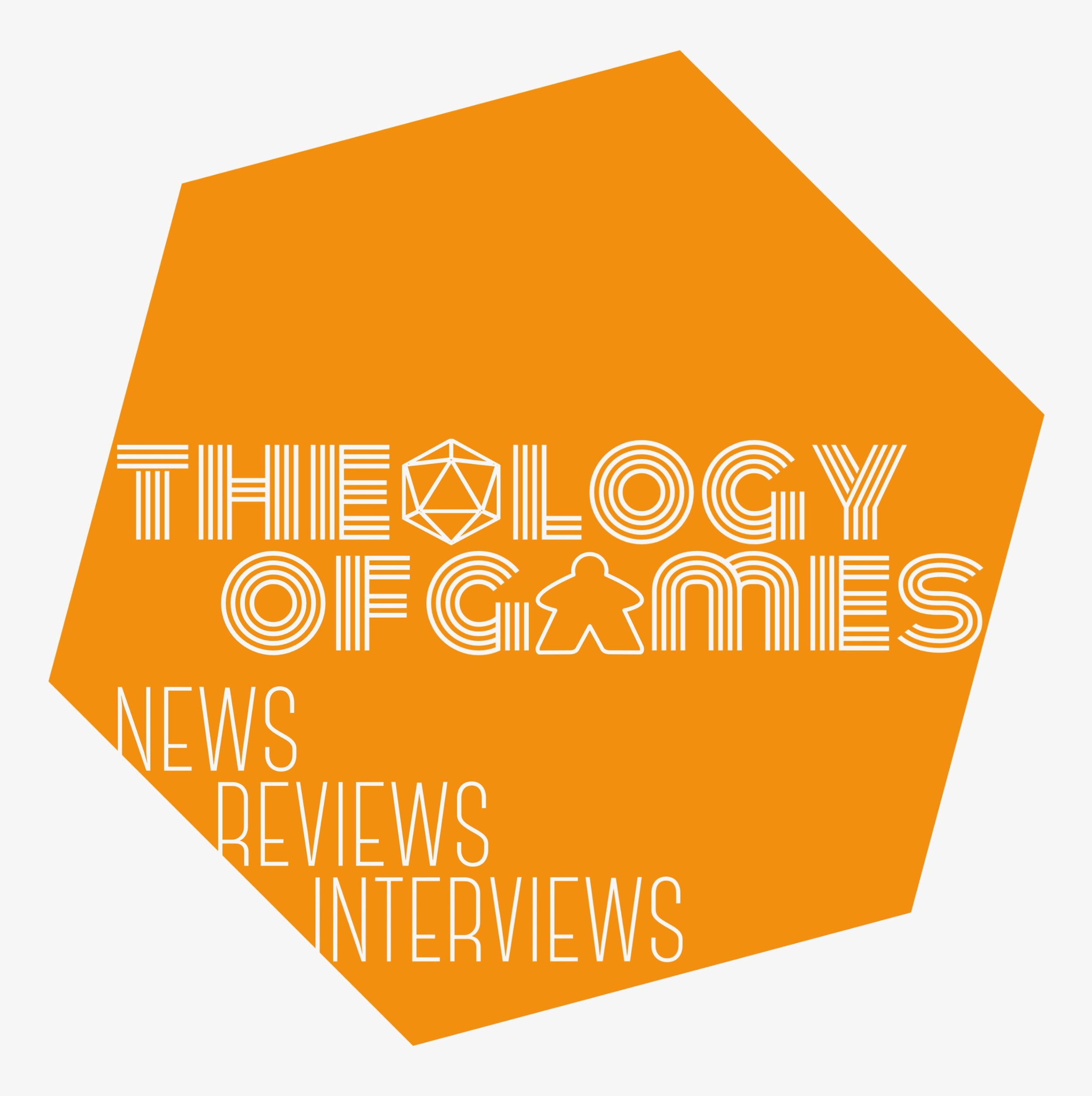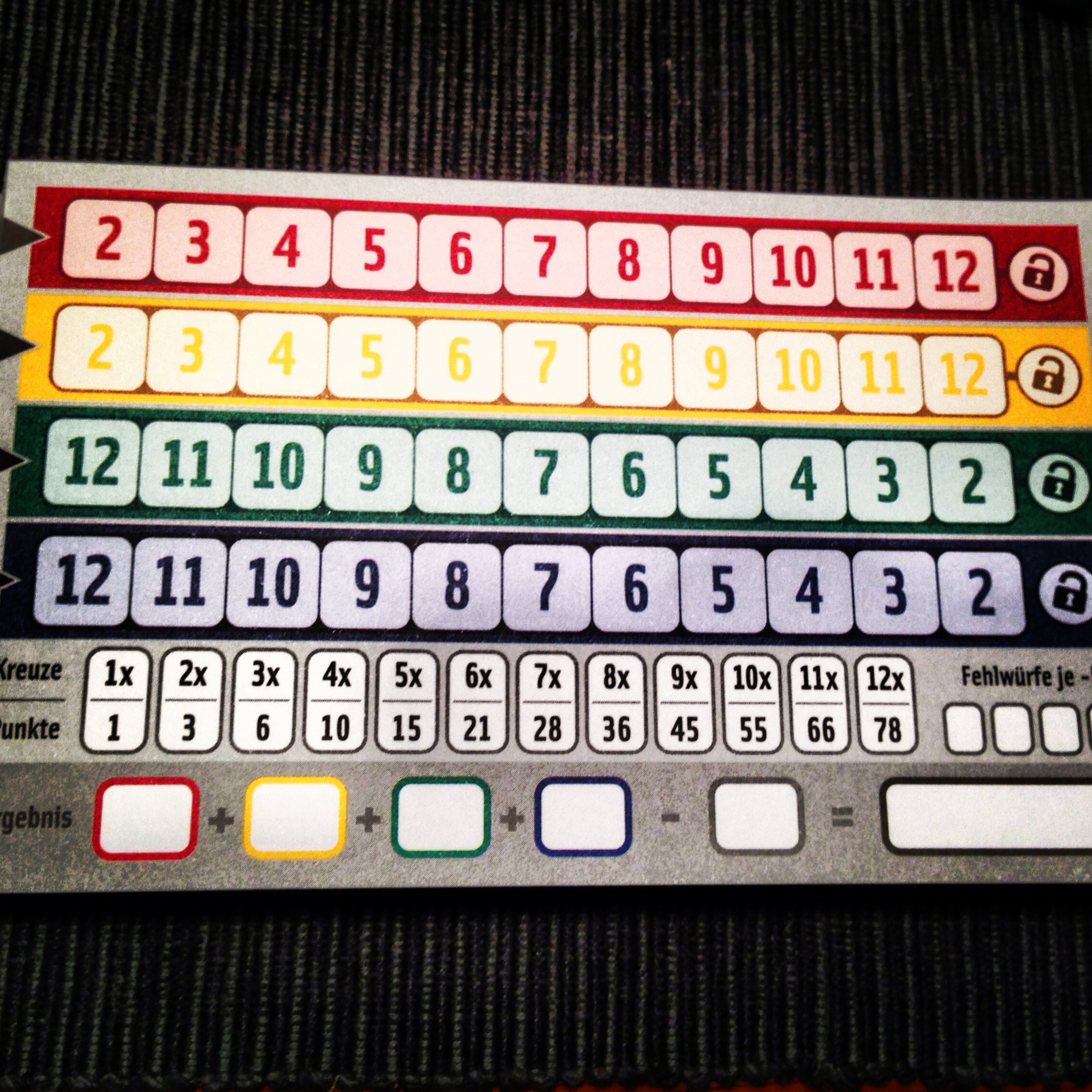By Firestone
 The biggest awards in boardgaming were announced today.
The biggest awards in boardgaming were announced today.
First up is the big one: The Spiel des Jahres, which is the German game of the year. This is a highly sought-after prize, as a win here can mean big sales—look at Ticket To Ride!
There are only three nominees:
Qwixx, by Stefen Benndorf
Augustus, by Paolo Mori
Hanabi, by Antoine Bauza
I've played Hanabi, and it's terrific.
They also released a list of "recommended games"—kind of a consolation list of games they think you still ought to play.
Libertalia, by Paolo Mori
Divinare, by Brett Gilbert
Hand auf Herz, by Julien Sentis
Escape: The Curse of the Temple, by Kristian Amundsen Østby
La Boca, by Inka and Markus Brand
Riff Raff, by Christoph Cantzler
Rondo, by Reiner Knizia
Mixtour, by Dieter Stein
Yay!, by Heinz Meister
I've played Escape: The Curse of the Temple, and Libertalia, and the latter is one of my favorite games of last year.
 The Kennerspiel award is for more complex, gamers'-type games. The nominees are:
The Kennerspiel award is for more complex, gamers'-type games. The nominees are:
Bruges, by Stefan Feld
Legends Of Andor, by Michael Menzel
The Palaces of Carrara, by Wolfgang Kramer and Michael Kiesling
I've played none of these. The recommended games for this category are:
Terra Mystica, by Jens Drögeüller and Helge Ostertag
Tzolk'in, by Simone Luciani and Daniele Tascini
I've played Tzolk'in, and you can check out my review of it.
And finally, the Kinderspiel des Jahres—the children's game of the year—nominees:
Mucca Pazza, by Iris Rossbach
Gold am Orinoko, by Bernhard Weber
Der Verzauberte Turm, by Inka and Markus Brand
And the recommended games:
Kakerlakak, by Peter-Paul Joopen
Kuddelmuddel, by Haim Shafir and Günter Burkhardt
Move & Twist, by Kerstin Wallner and Klaus Miltenberger
Pingi Pongo, by Peter Neugebauer
Bim Bamm!, by Lukas Zach and Michael Palm
Baobab, by Josep Maria Allué
Linus, der Kleine Magier, by Wolfgang Dirscherl
Mix Fix, by Andrew Lawson and Jack Lawson
Madagascar Catan Junior, by Klaus Teuber
Star Wars—Battle Of Hoth, by Bastiaan Brederode and Cephas Howard
I've played none of these...
Which ones have you played? Were there any glaring omissions in the nominees? Which ones do you think will win?
Thanks for reading! Please follow us on Twitter, Facebook and Instagram!





























